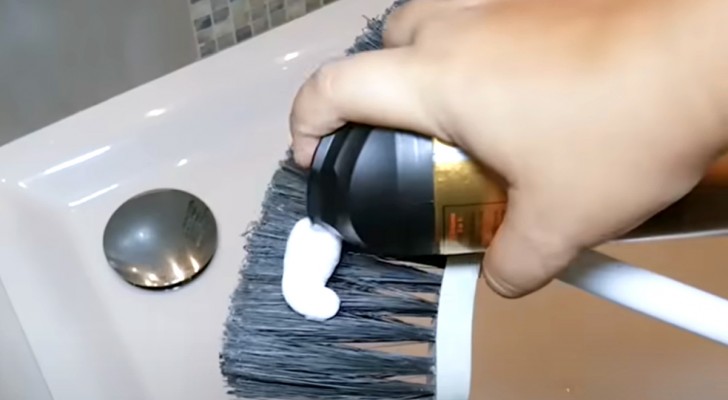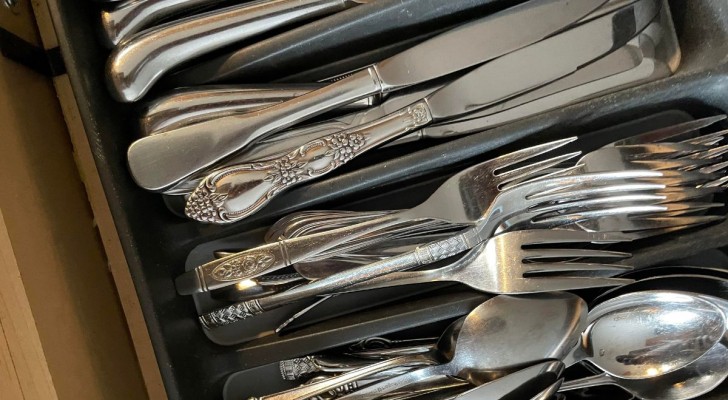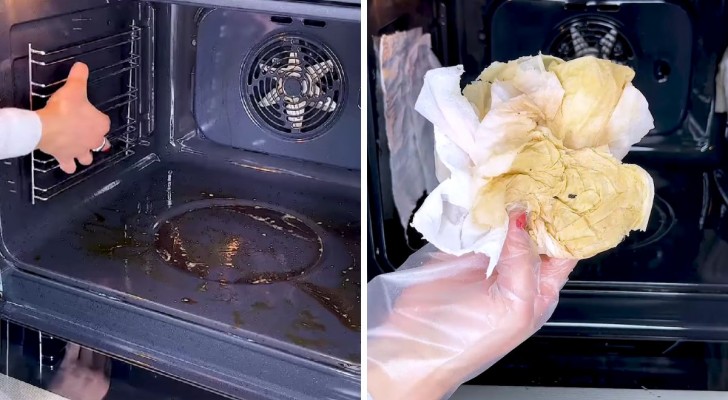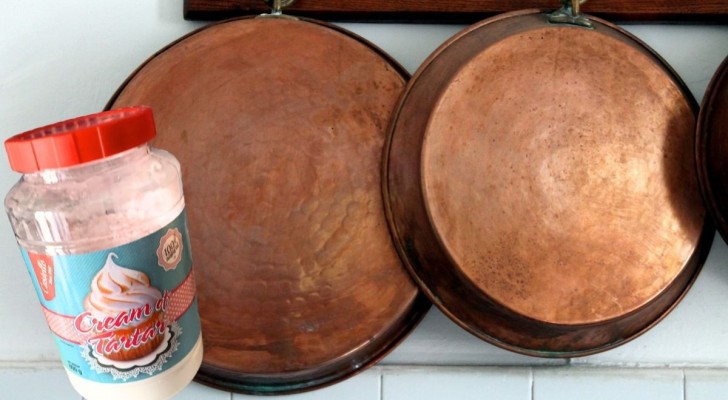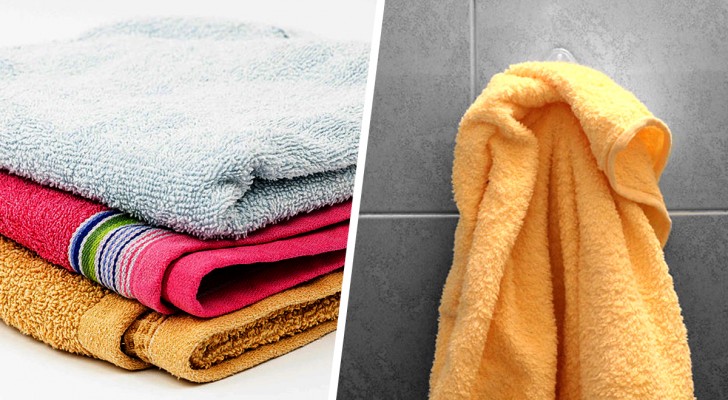White vinegar in the washing machine: 3 reasons to use it and 3 things to watch out for
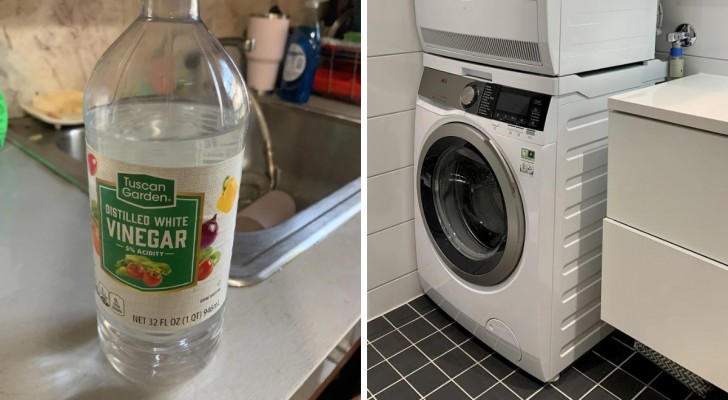
White vinegar is increasingly used in household chores of all kinds. We are talking here about distilled white vinegar or alcohol vinegar.
And apart from cleaning, vinegar can also be used when washing the laundry. Its use is beneficial and practical, but it must be used judiciously. Indeed, its' use has several pros and cons. It is good to know that, for example, when mixed with some other products, it can be harmful to us or can damage certain materials.
In this regard, we will illustrate some of the main advantages and some of the risks that the use of white vinegar can entail.
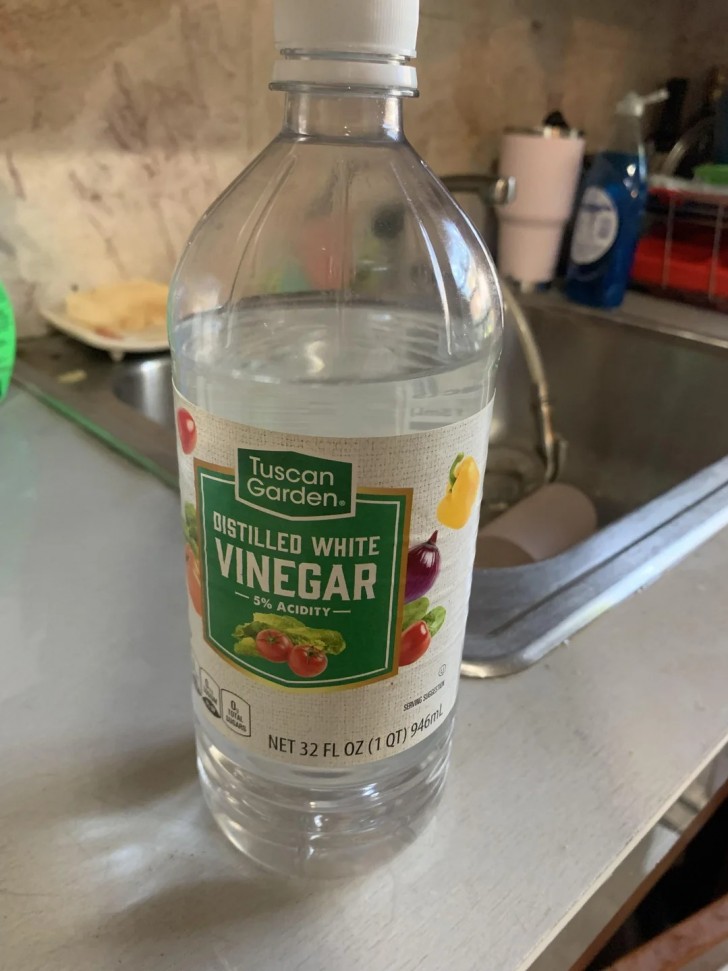
As for the practical aspects of vinegar use, there are three main areas:
- Effective against stains: it is well known that vinegar is excellent for cleaning. What many don't know is that it is very effective against certain types of stains. Those caused by substances with acidic pH such as tea, coffee, fruit juices, wine and other spirits, are particularly suited to be treated with vinegar.
- Neutralization of bad smells: one of the best known properties of vinegar is that of being able to neutralize bad odors. This applies to the laundry and the washing machine, but it also to many other "smelly" situations.
- Limescale removal: another handy property of vinegar is its anti-limescale power. This makes it an excellent laundry softener but also a useful product for the care and cleaning of your washing machine.
Some also say it's an excellent antibacterial and a powerful remedy to combat fungi and molds. That said, there are conflicting opinions among chemists and experts in the sector about this claim. The cleaning power of vinegar is absolutely not in question, however. What is in doubt is if it is a good disinfectant.
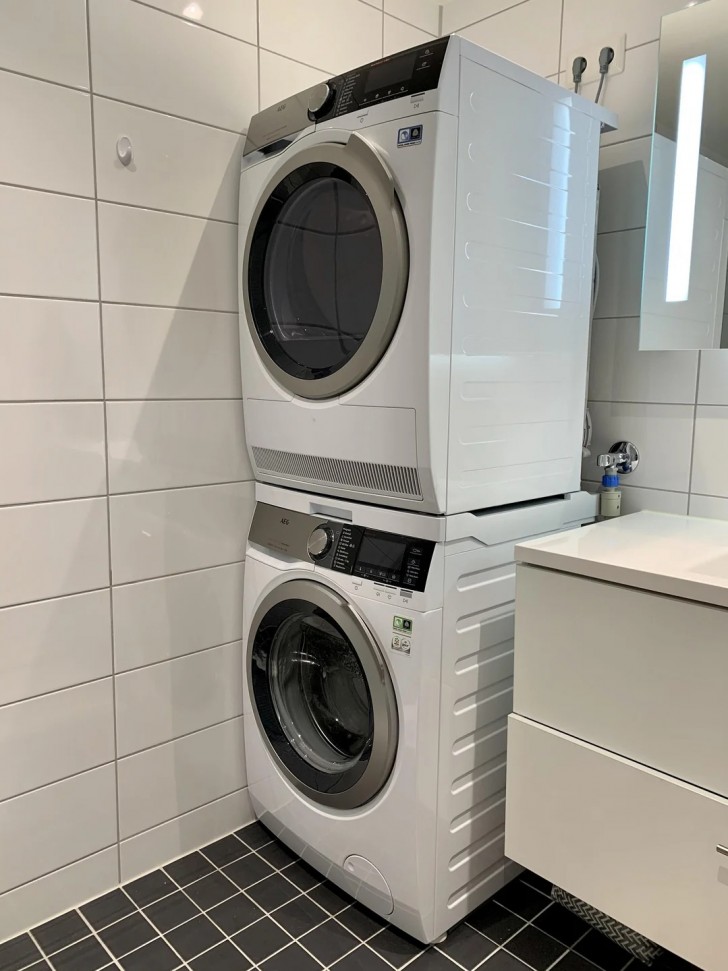
Now, on to where you need to be cautious using vinegar:
- Dangerous mixtures: from a chemical point of view, mixing vinegar with other substances can be dangerous. For example, it is advisable not to use it in conjunction with bleach or bleach-based products. The chemical reaction between these two elements can produce noxious and dangerous toxic fumes.
- Garments with elasticity: it is good practice to avoid using white vinegar on garments with elastics or stretch fabrics, because the acidity of the product can, in the long run, perish the elasticity and damage them.
- Over-use: finally, even if the anti-limescale action performed by vinegar makes it a very useful product, using it too often, as a softener or for washing machine care, could damage some of the internal parts of the washing machine itself. The advice is to alternate its use with other, regular cleaning products.
Did you already know about teh pros and cons of using white vinegar around your home?
